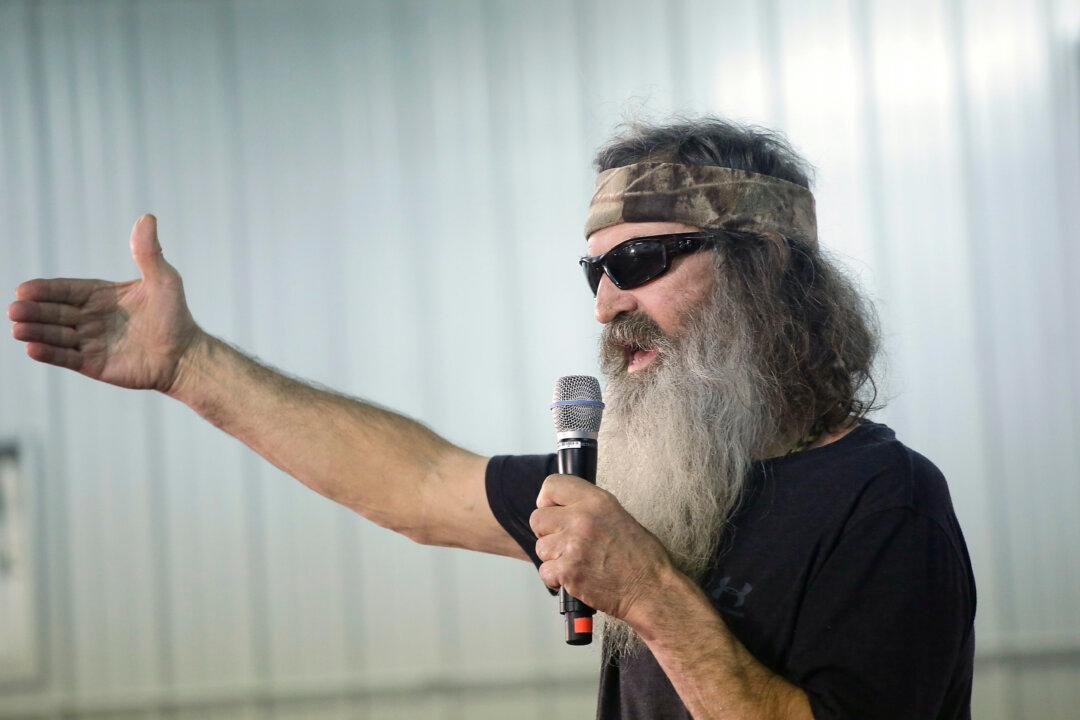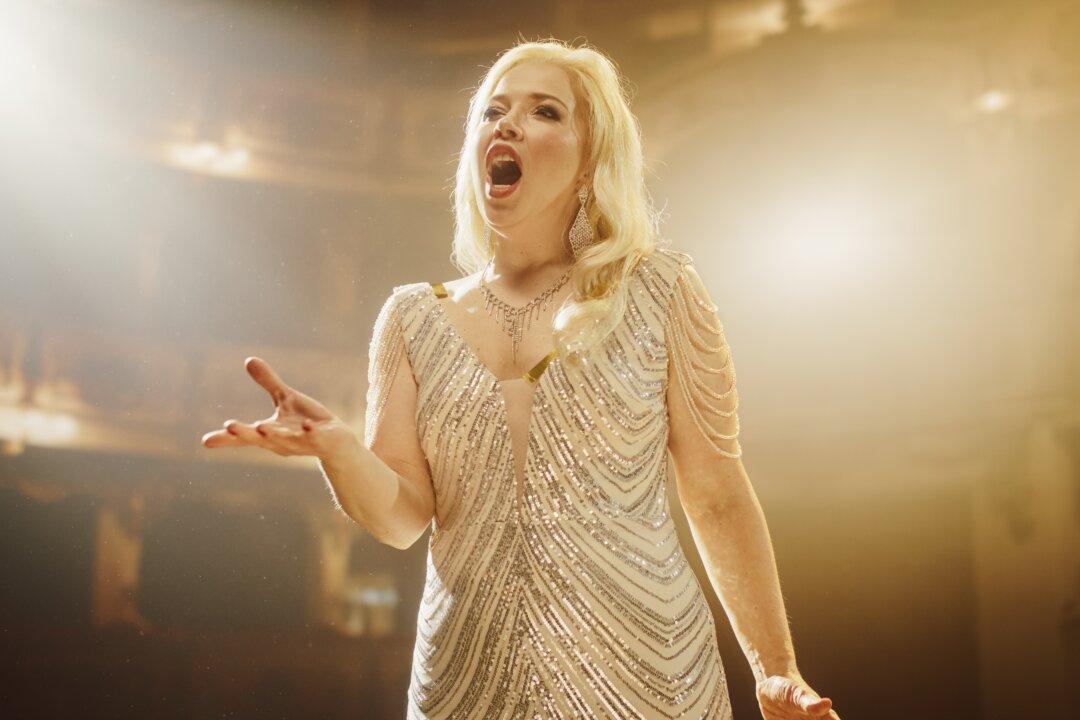Commentary
Reality TV shows are one of the biggest jokes of our time. Although they claim realism in their very titles, they require the audience to suspend disbelief enough to accept that an entire film crew is able to capture these candid moments in daily life. Despite their basic preposterousness, reality TV series about people with interesting lives or unusual lifestyles seem here to stay.





